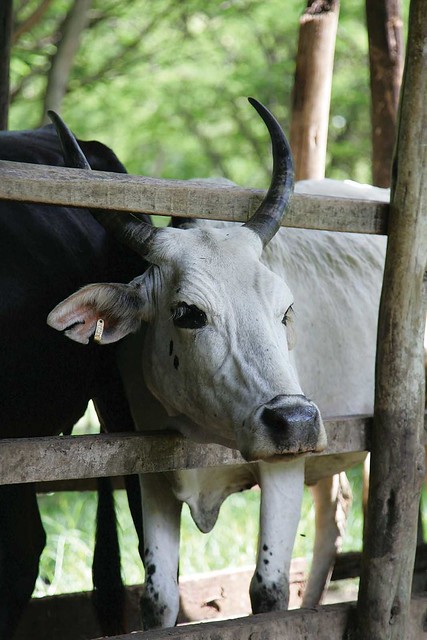 The adoption of new technologies that speed up genetic gains are leading to further improvements in livestock productivity. Ghibe valley, southwest Ethiopia (photo credit: ILRI/Stevie Mann)
The adoption of new technologies that speed up genetic gains are leading to further improvements in livestock productivity. Ghibe valley, southwest Ethiopia (photo credit: ILRI/Stevie Mann)
The experience of the International Livestock Research Institute (ILRI) and partner geneticists in 2015–2016 clearly demonstrates the positive benefits to smallholder farmers of the application of new breeding and genomic approaches, leading to more productive and climate- and disease resilient livestock. However, it is when these new technologies are combined with improved management practices that they are translated into enhanced food security and higher incomes for smallholder farmers. These are the findings from the genetics research and interventions, presented in the ILRI Corporate report 2015–2016: highlights on Livestock genetics and breeding.
The findings in the report are presented in line with the three objectives set out in the ILRI strategy 2013–2022:
- Develop, test, adapt and promote science-based practices that—being sustainable and scalable—achieve…
View original post 283 more words